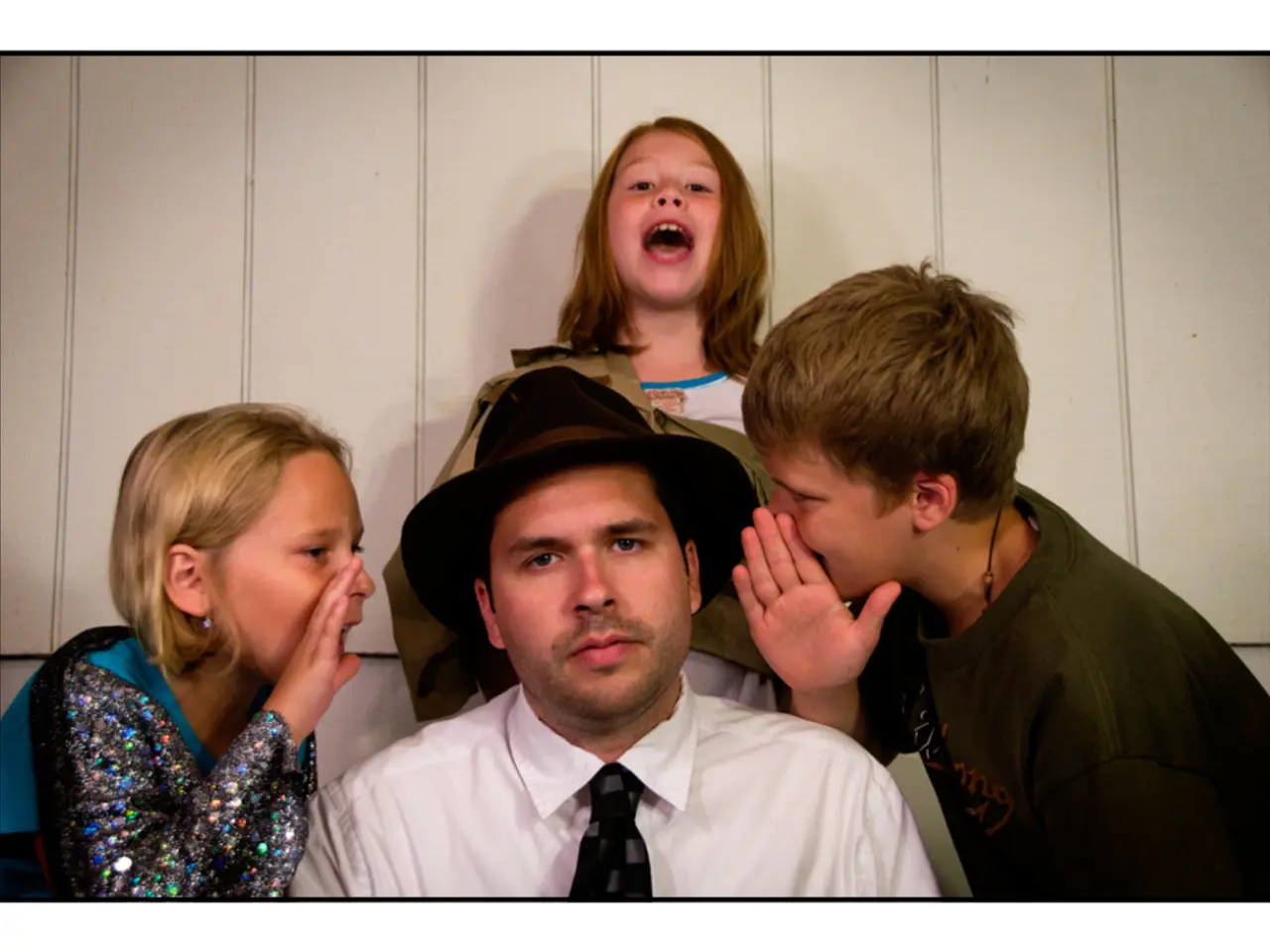Discussing the debunking of common political myths using American history, as highlighted by columnist Jamelle Bouie.
In a series of insightful commentaries and analyses, Jamelle Bouie, a journalist and political analyst, has been highlighting the importance of historical continuities related to race and politics in America. His work serves to bridge the gap between academic history and a wider public audience, offering a fresh perspective on current events.
Bouie's focus on historical throughlines reveals key patterns that have shaped the American landscape. One such pattern is the **legacy of systemic racism and white supremacy**, tracing back through slavery, segregation, and ongoing racial discrimination embedded in institutions.
Another significant thread is the **political realignments around race**, such as the shifting allegiances in the 20th century where the Democratic and Republican parties redefined their bases largely along racial lines.
Bouie also emphasizes the persistence of **racialized policies disguised as race-neutral**, including voter suppression and criminal justice disparities. He believes understanding these patterns is essential to grasp why present political and social conflicts around race persist and how they are rooted in historical patterns, not isolated incidents.
Moreover, Bouie sheds light on the recurring patterns of **racial backlash against progress**, shaping contemporary movements and political polarization. He also explores the intertwined nature of **economic inequality and racial injustice**, which shapes political debates and policies.
In the context of ongoing discussions about historical figures, Bouie suggests treating them as historical figures and not becoming emotionally invested. For instance, he thinks it's appropriate to hold Thomas Jefferson accountable for his role as an unrepentant slaveholder, but also recognizes that ideas can exist disconnected from the person. If a plaque is added to Jefferson's statue that mentions the number of slaves he owned and the few he freed, Bouie thinks it should be done.
Recent events, such as the Jan. 6 insurrection, have shown how virtual communities can form and mobilize around ideologies, with the Far Right using such events to strengthen their organizing efforts. As a political analyst, Bouie believes American political institutions are in need of reform and are less static than they appear.
In the midst of debates over critical race theory, Bouie argues that it's more effective to discuss material and structural inequality rather than individual privilege. He notes that the Democratic Party has had a hard time responding to the attack on critical race theory because they think it is not popular.
Bouie's work continues to provide valuable insights into the complexities of American history and the ongoing impact of those historical patterns on contemporary politics and society. As a New York Times columnist and political analyst for CBS News, his voice remains a crucial part of the national conversation on race, politics, and the American experience.
Bouie's analytical approach uncovers patterns revealing the legacy of systemic racism and white supremacy in American history, including the political realignments around race that created race-based party alignments in the 20th century. Additionally, he emphasizes the significance of racialized policies disguised as race-neutral, such as voter suppression and criminal justice disparities, and the recurring racial backlash against progress that shapes contemporary movements and political polarization.







